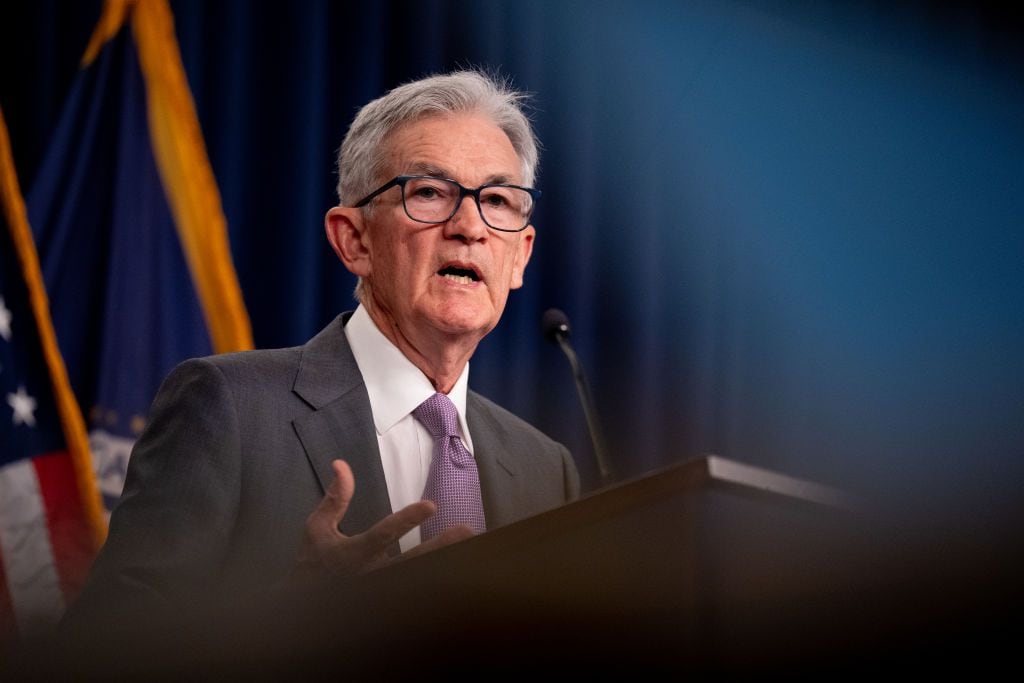*By Carlo Versano* As Americans hit the road in record numbers this holiday, low gas prices are poised to act as a boon for consumer spending. Drivers are already saving $100 million a day at the pump over just last month, according to GasBuddy. Patrick DeHaan, GasBuddy's head of petroleum analysis, told Cheddar that the dramatic turnaround in oil prices ー light sweet crude was $76 in early October and it's down to $54 ー is making this "a terrific time of the year to hit the road." He noted some states have at least one station with prices under $2 per gallon: Louisiana, Texas, Oklahoma, South Carolina, Missouri, Kentucky, New Mexico, Indiana, Mississippi, and Ohio. So what changed in just a few weeks? Largely a factor of supply-and-demand, with a dash of geopolitics thrown in ー oil prices are plummeting thanks to higher production from OPEC, just as the U.S. economy showed signs of weakness. Those two variables alone would be enough for a drop in prices at the pump prices, but matters were further complicated by the international outrage surrounding the Saudi assassination of journalist Jamal Khashoggi. It is in the Saudis' best interest to keep the oil flowing, DeHaan said, as a way to deflect mounting pressure from the international community over its involvement in the extrajudicial murder of a respected journalist. Indeed, that strategy is paying off ー President Trump issued a statement Tuesday strongly defending the U.S.-Saudi alliance, and expanded upon it in a [tweet](https://twitter.com/realDonaldTrump/status/1065225779825598465) the next day, thanking the kingdom for the low oil prices. OPEC's next meeting is planned for Dec. 6, and a production cut is expected. Still, oil prices have not reflected that thinking. DeHaan pointed to economic headwinds, and noted that oil prices are often a bellwether for the health of the U.S. economy. "This party at the pump does have an end in sight, depending on what OPEC does." Until then, party on.












